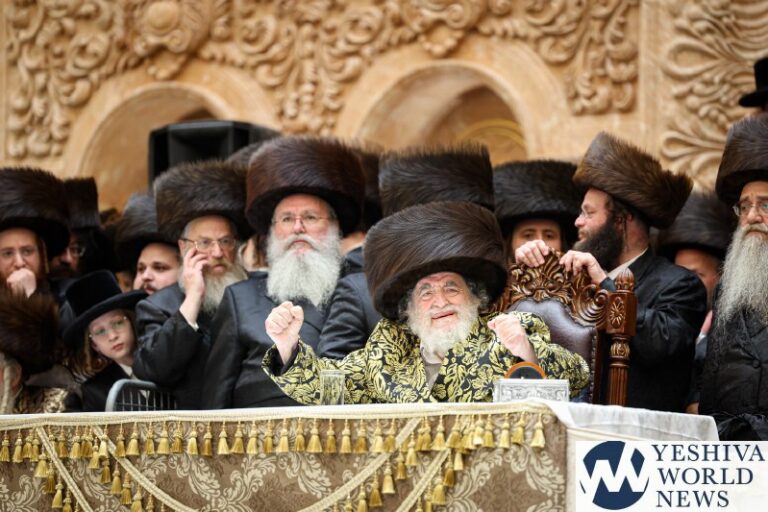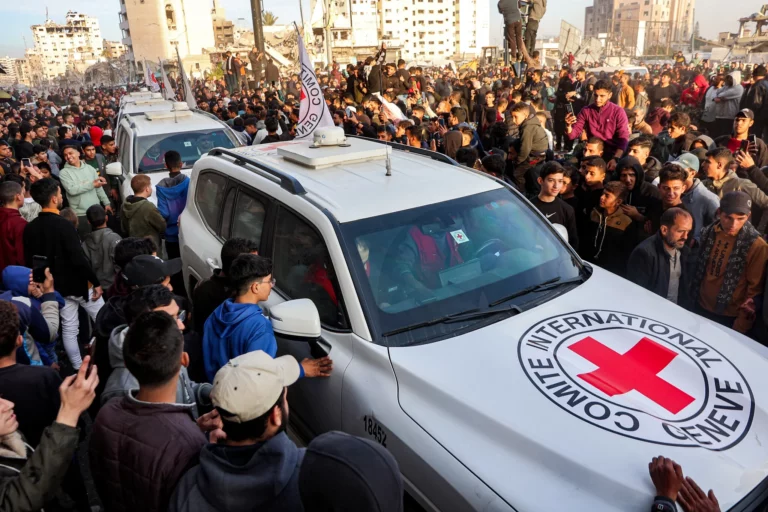 You probably already know whether you’ll vote for Donald Trump or Hillary Clinton on Election Day, leaving one important question to consider when you walk into your polling place: Is it OK to take a picture of your ballot?
You probably already know whether you’ll vote for Donald Trump or Hillary Clinton on Election Day, leaving one important question to consider when you walk into your polling place: Is it OK to take a picture of your ballot?
While secrecy in the voting booth has become a thing of the past for those ready to share their views and daily lives on social media, laws nationwide are mixed on whether voters are allowed to take pictures of themselves in the act or of their ballots — “ballot selfies”.
Federal judges have struck down bans on selfies in New Hampshire and Indiana, and rules have been changed in places like California and Rhode Island, but in many states it’s still a violation that carries potential fines or jail terms.
There are laws against sharing any photo of your ballot in 18 states, while six other states bar photography in polling places but do allow photos of mail-in ballots, according to a review by The Associated Press.
Critics say such regulations have not kept up with technology and are confusing for voters and election workers. Some states that ban ballot selfies or have moved to block them cite concerns the photos could harm the integrity of the voting process by encouraging vote-buying or coercion, though some acknowledge there’s no evidence to support those fears.
Nikola Jordan, 33, of Omaha, Nebraska, has been taking such photos for about 10 years and believes they are a great way not only to share her views on the issues, but also to stress the importance of voting and being civically active. A Nebraska lawmaker added a provision to state election law this year to allow ballot selfies.
“I was doing this for years before I learned it was technically illegal,” Jordan said with a laugh. “It’s all about encouraging other people to get involved in the process, to show it can be fun and exciting to make your voice heard (at the polls). Don’t think of voting as some boring thing … It’s your chance to make a difference.”
The 1st Circuit Court of Appeals in Boston last month upheld a decision that New Hampshire’s ban on ballot selfies was unconstitutional, saying it suppressed a large swath of political speech and there was no evidence to support the state’s concerns.
“It goes to the core of democracy,” said Gilles Bissonnette, legal director for the American Civil Liberties Union of New Hampshire, which brought the suit on behalf of three people investigated for violating the statute.
Among those filing briefs in support of ballot selfies was Snapchat, which argued they are the latest way voters, especially young adults, get involved in the political process and express support for or against a cause or a candidate.
“We had a failure to recognize the importance of online political speech, especially to the younger generation,” Bissonnette said. “The First Amendment needs to be guarded rigorously. These old laws cannot and should not be applied to the modern technology.”
California Gov. Jerry Brown signed a bill last month that repeals a 125-year-old law barring voters from showing people their marked ballots. It goes into effect after the November election, but legislative analysists have found no occasion of the ban being enforced — and it hasn’t stopped people from sharing photos of their 2016 ballots.
Colorado started mailing ballots this week in the all-mail presidential election, and some ballot selfies started popping up on social media. In response, Denver District Attorney Mitch Morrissey on Thursday issued a reminder that publicizing completed ballots is a misdemeanor in the state.
The ACLU criticized his statement as potential voter intimidation. Morrissey’s spokeswoman told reporters he had no plans to comb social media looking for folks posting ballot selfies, saying authorities investigate only in response to a complaint.
Virginia Attorney General Mark Herring issued a formal opinion last month that nothing in Virginia law prohibits voters from taking pictures of themselves, fellow voters or their ballot within the polling place.
“This is a product of the times we live in,” said Democratic New Jersey Assemblyman Raj Mukherji, who has sponsored a measure to allow ballot selfies. “If voters want to express their pride in participating in our democracy by voting or tout their political preferences on social media, they should be entitled to do so.”
Clarissa Livingstone, 26, of Toms River, said she doesn’t understand concerns raised over ballot selfies. She doesn’t believe people would be influenced by seeing ballot photos that she or anyone else might post.
“People are so rigid in their political beliefs these days,” Livingstone said, “they’re not going to change their votes once they see how some Jersey girl voted.”
(AP)










